Hot Docs 2022 Women Directors: Meet Patty Ivins Specht – “Deconstructing Karen”
Patty Ivins Specht is an Emmy award winning producer, director, and writer who has made several documentaries about womanhood, including “Hungry,” “Mean Girls: Mind Games,” and “Girls on the Wall.” She won a Daytime Emmy for “Hollywood Rocks the...
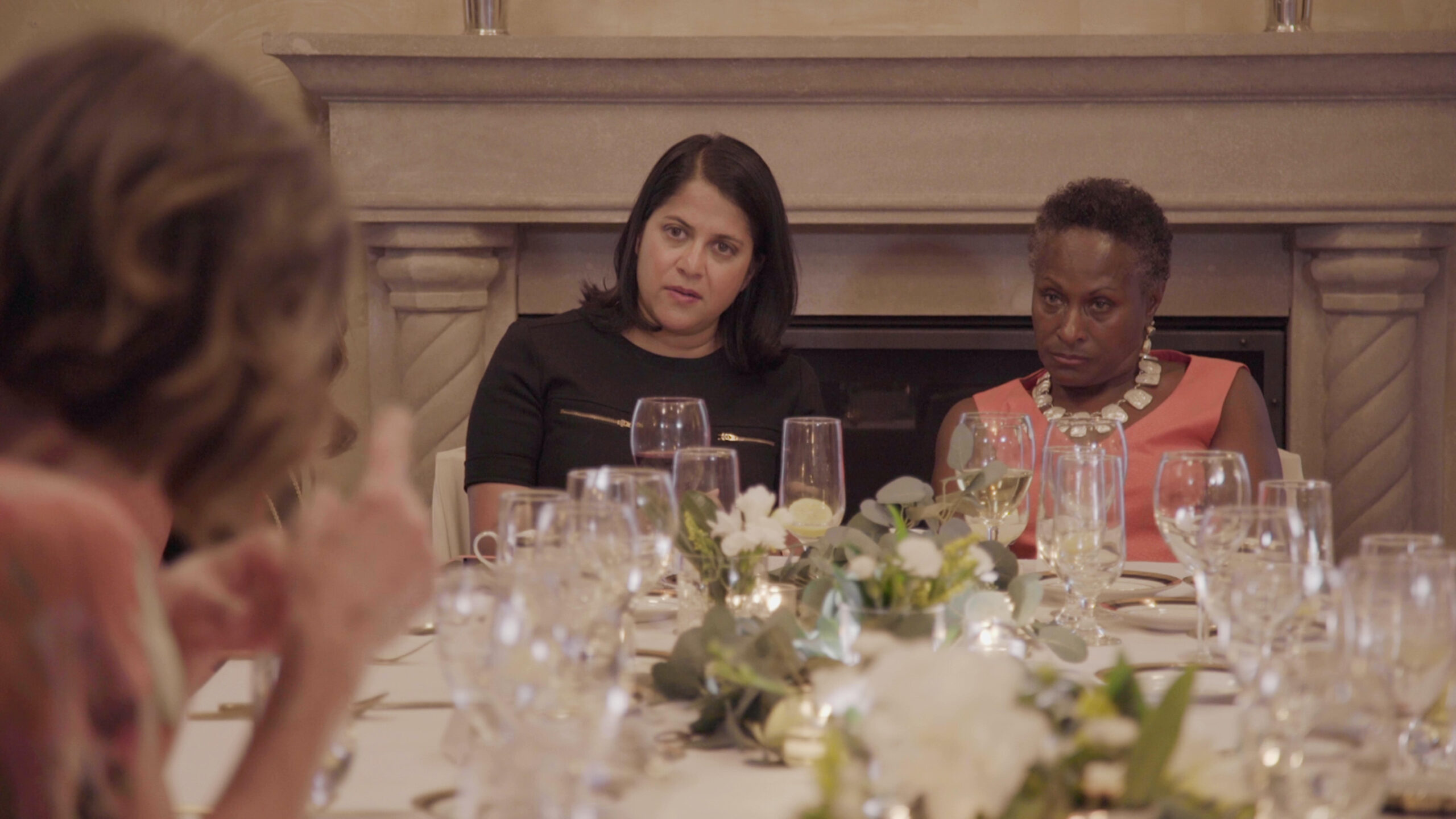
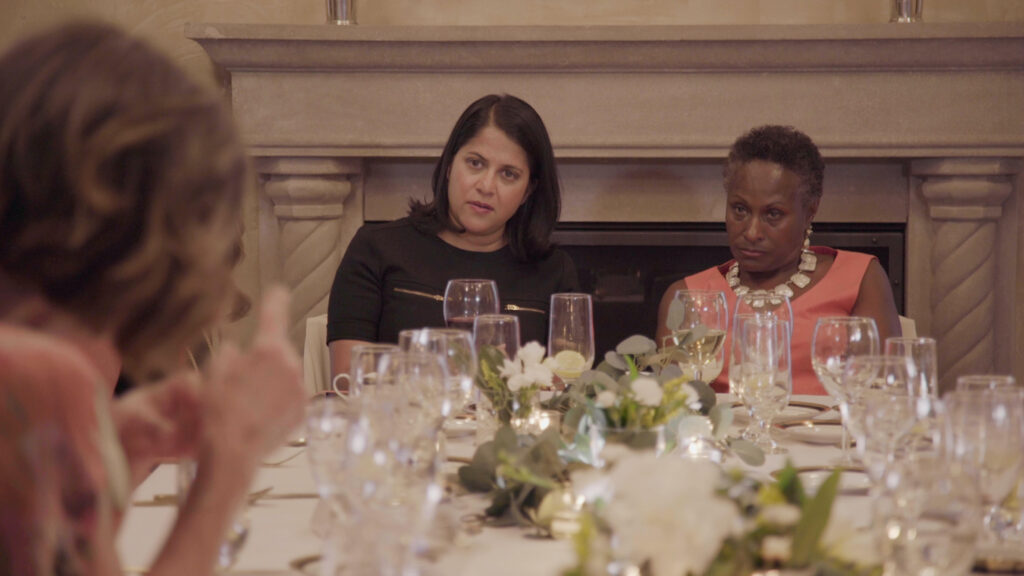
Hot Docs 2022 Women Directors: Meet Patty Ivins Specht – “Deconstructing Karen”
"Deconstructing Karen": HotDocsPatty Ivins Specht is an Emmy award winning producer, director, and writer who has made several documentaries about womanhood, including “Hungry,” “Mean Girls: Mind Games,” and “Girls on the Wall.” She won a Daytime Emmy for “Hollywood Rocks the Movies: The 1970s,” which she directed. She produced and directed AMC documentary “Marilyn Monroe: The Final Days,” and earned another Daytime Emmy nomination for documentary “Light in the Water,” which she executive produced.
“Deconstructing Karen” is screening at the 2022 Hot Docs Canadian International Film Festival, which is taking place April 28-May 8. Find more information on the fest’s website.
W&H: Describe the film for us in your own words.
PIS: “Deconstructing Karen” is a sincere look at what happens when Nice White Ladies have a radically honest conversation about racism. The film also explores the emotional labor and the grassroots effort that Regina Jackson and Saira Rao make to run an organization dedicated to waking up white women one person at a time.
W&H: What drew you to this story?
PIS: For a few years, I have been wanting to use storytelling as a means to explore racism in America and when I heard about Race2Dinner [the organization that Jackson and Rao run, which ochestrates dinners for white women to confront and unlearn their racism], I knew that it was a concept that could lend itself to a film.
W&H: What do you want people to think about after they watch the film?
PIS: My hope is people walk away from the film and they never think about racism the same way again. Regina Jackson and Saira Rao’s radically honest work forces white women to acknowledge that racism doesn’t live outside of us, racism is something white people participate in every single day.
W&H: How did you get your film funded? Share some insights into how you got the film made.
PIS: Funding is a legitimate barrier to entry for almost all filmmakers — aspiring and established. I have compassion for every person who knows they have an incredible story to tell and desperately wants to see it become an active, thriving film. In my experience, it is essential to believe in your own idea so deeply that you are willing to invest in yourself first. Fortunately, we are living in a time when the cost of filming has come down and there are creative ways to even shoot on your iPhone. Having some proof-of-concept footage is an essential step in securing additional funding.
In the case of this film, I am a producer by trade and took on extra projects to raise funds to get the first leg of this film made. I self-funded and started filming and editing in 2019, and in 2020, I was fortunate to meet an established film executive producer who was willing to invest in the movie. Together, we were able to get the film finished.
W&H: What inspired you to become a filmmaker?
PIS: I am a lifelong storyteller and made my first project at 16 about sexual violence in high schools.
W&H: What’s the best and worst advice you’ve received?
PIS: Best: One Step, One Breath.
Worst: Put it on a credit card.
W&H: What advice do you have for other women directors?
PIS: Stop saying sorry.
W&H: Name your favorite woman-directed film and why.
PIS: “Roll Red Roll” directed by Nancy Schwartzman. It is a remarkable storytelling feat. The film is a testament to real people taking action when society ignores a gross public injustice. It is a powerful snapshot of a time and place when the power of social media was completely misunderstood and underestimated. One woman’s determination to use that social media blind spot brings justice to a horrifying situation. It is a powerful film that is beautifully made.

 Hollif
Hollif 








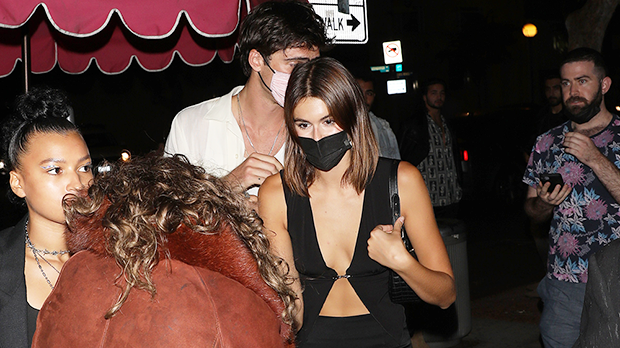
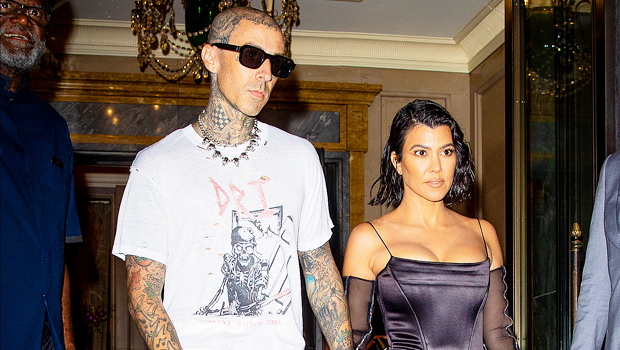
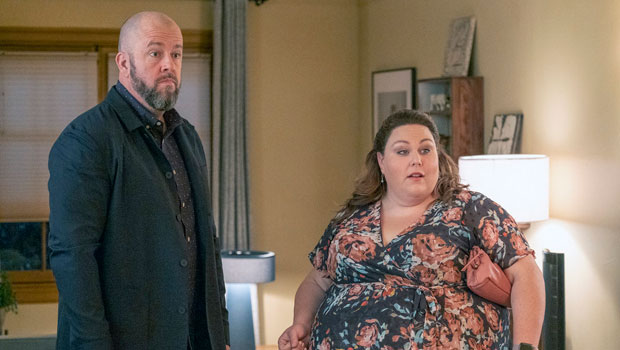





















+Japan+x+Black+Rock+Press+Release_30+July+2024.jpg&h=630&w=1200&q=100&v=5f99a4b43f&c=1)